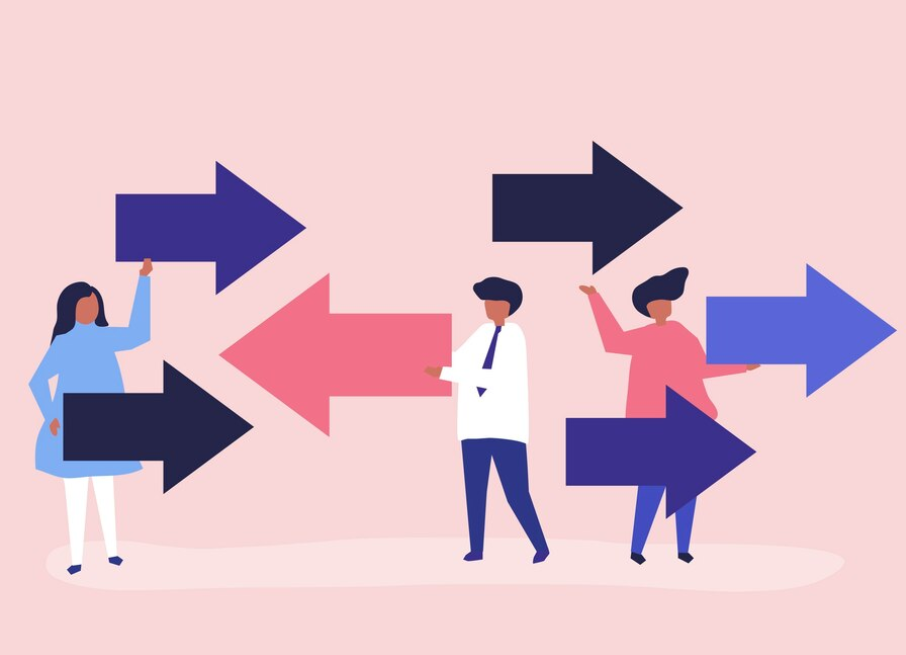In today's fast-paced, ever-evolving work environment, change is not just inevitable; it's a constant. While most acknowledge the importance of resilience in navigating these changes, there's a new narrative to consider. Instead of merely reacting to change, what if we could always be prepared for it? From an employee-centric viewpoint, let's delve into strategies that can keep us forever ready for change.
1. Cultivate a Growth Mindset
At the heart of readiness for change is the belief that we can grow, adapt, and evolve. Employees with a growth mindset see challenges as opportunities for learning, making them more receptive to change.
Employee Insight: Regularly challenge yourself with tasks outside of your comfort zone. Embrace failures as learning opportunities and celebrate the journey of growth, not just the destination.
2. Lifelong Learning
The tools and skills that are relevant today might become obsolete tomorrow. Embracing a philosophy of lifelong learning ensures you remain equipped to handle shifts in the industry.
Employee Insight: Dedicate a few hours every week to professional development. Explore online courses, attend webinars, or simply read articles related to your field. Continuous learning keeps you ahead of the curve.
3. Flexibility in Approach
Being entrenched in a single way of thinking or working can hinder adaptability. A flexible approach allows for quick pivots when required.
Employee Insight: Regularly brainstorm alternative strategies for your tasks. Engage with colleagues from different departments to gain varied perspectives. This broadens your horizons and enables more agile decision-making.
4. Build a Diverse Network
A diverse professional network exposes you to different industries, roles, and challenges, offering insights into various ways of handling change.
Employee Insight: Attend industry conferences, join professional groups, and engage in cross-departmental projects. The broader your network, the richer your repository of strategies to tackle change.
5. Emotional Resilience
Change, especially when unexpected, can be emotionally challenging. Emotional resilience ensures that you remain balanced and focused, even when the landscape shifts.
Employee Insight: Develop self-awareness. Understand your triggers and reactions to change. Engage in mindfulness practices or counseling to build emotional strength.
6. Stay Updated on Industry Trends
By keeping a finger on the pulse of your industry, you can anticipate changes before they occur.
Employee Insight: Subscribe to industry journals, follow thought leaders on social platforms, and participate in relevant forums. Being informed allows you to foresee and prepare for upcoming changes.
7. Enhance Interpersonal Skills
While technical skills are crucial, interpersonal skills play a vital role in navigating change, especially when it involves team dynamics.
Employee Insight: Attend workshops on communication, leadership, or team dynamics. Being adept at interpersonal interactions ensures smoother transitions during periods of change.
8. Reflect and Review
Taking time to periodically reflect on your experiences with change can offer invaluable insights, making you better prepared for future shifts.
Employee Insight: Keep a journal of significant changes you navigate at work. Note down your responses, challenges, and strategies that worked. Reviewing these can offer patterns and insights to fortify your readiness for future changes.
9. Embrace Technological Advancements
In the digital age, many changes are driven by technology. Embracing, rather than resisting, technological advancements can position you at the forefront of change.
Employee Insight: Stay updated with emerging technologies in your field. Attend tech workshops or simply engage with tech-savvy colleagues. Being comfortable with technology ensures you're not left behind when digital shifts occur.
10. Cultivate a Positive Attitude Towards Change
Ultimately, your attitude determines your response. Viewing change as an exciting opportunity, rather than a daunting challenge, can make all the difference.
Employee Insight: Surround yourself with positive influences—colleagues, mentors, or even books that champion change. A positive environment fosters a proactive approach to change.
In conclusion, being forever ready for change isn't about predicting the future; it's about equipping oneself with the mindset, skills, and strategies to handle any curveball the professional world throws. By cultivating these attributes, employees not only position themselves as adaptable assets in their organizations but also embark on a journey of continuous growth and evolution. Change is the only constant, but with the right tools, it can become a stepping stone to unparalleled success.





